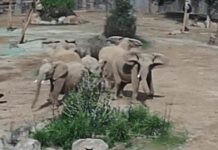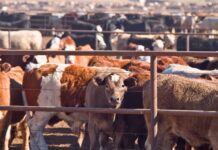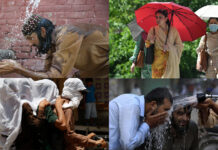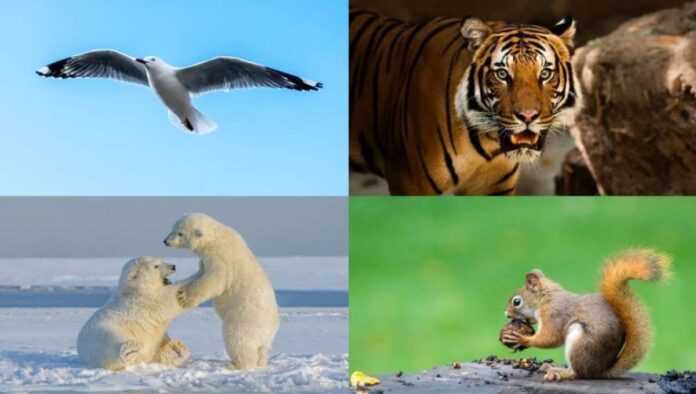On December 4th World Wildlife Conservation Day is observed, a day meant to raise awareness and reflect on the state of our planet’s incredible yet vanishing wildlife. It is a day to face a sobering reality: the very species and ecosystems that once made our world beautiful, are dying. The unfortunate truth is that as human activity increases, many species are in danger of going extinct. Since we are all part of a fragile ecosystem that is life, everything is interconnected. The terrible effects of these tragedies will ruin us.
Today is not just about speaking up for animals. It is also about understanding and conveying that we are intrinsically connected. Blood flows through our veins, our hearts beat in a symphony, and we feel pain and mourn our dead. Whether you believe that we were all made by the same source or not, this day allows us to take a pause from our busy lives, to grieve, and to appreciate our fellow inhabitants of Earth, no matter how many legs they have or the how different the texture of their skin is.
The Silent Deaths of Earth’s Most Vulnerable Species
It’s a tragedy we rarely acknowledge amongst the hustle and bustle of our daily lives, but the statistics are undeniable. The International Union for Conservation of Nature (IUCN) warns that more than 1 million plant and animal species are at risk of disappearing in the coming decades before we can even understand their full role in our world. Among them, our beloved animals such as elephants, tigers, and polar bears, are being wiped from existence. One death at a time.
Faces of The Earth
Think about the Vaquita, a little porpoise found only in the Gulf of California. This species has come to represent an unsettling reality with less than ten individuals remaining in the wild: a species that has been driven to the brink of extinction due to human greed. The tale of the Vaquita is more than just a statistic; it is the heartbreaking truth of a society where the desire for material things outshines the beauty of the natural world. Every death of this precious species adds a little more silence in the ocean and a little more loss in the world.
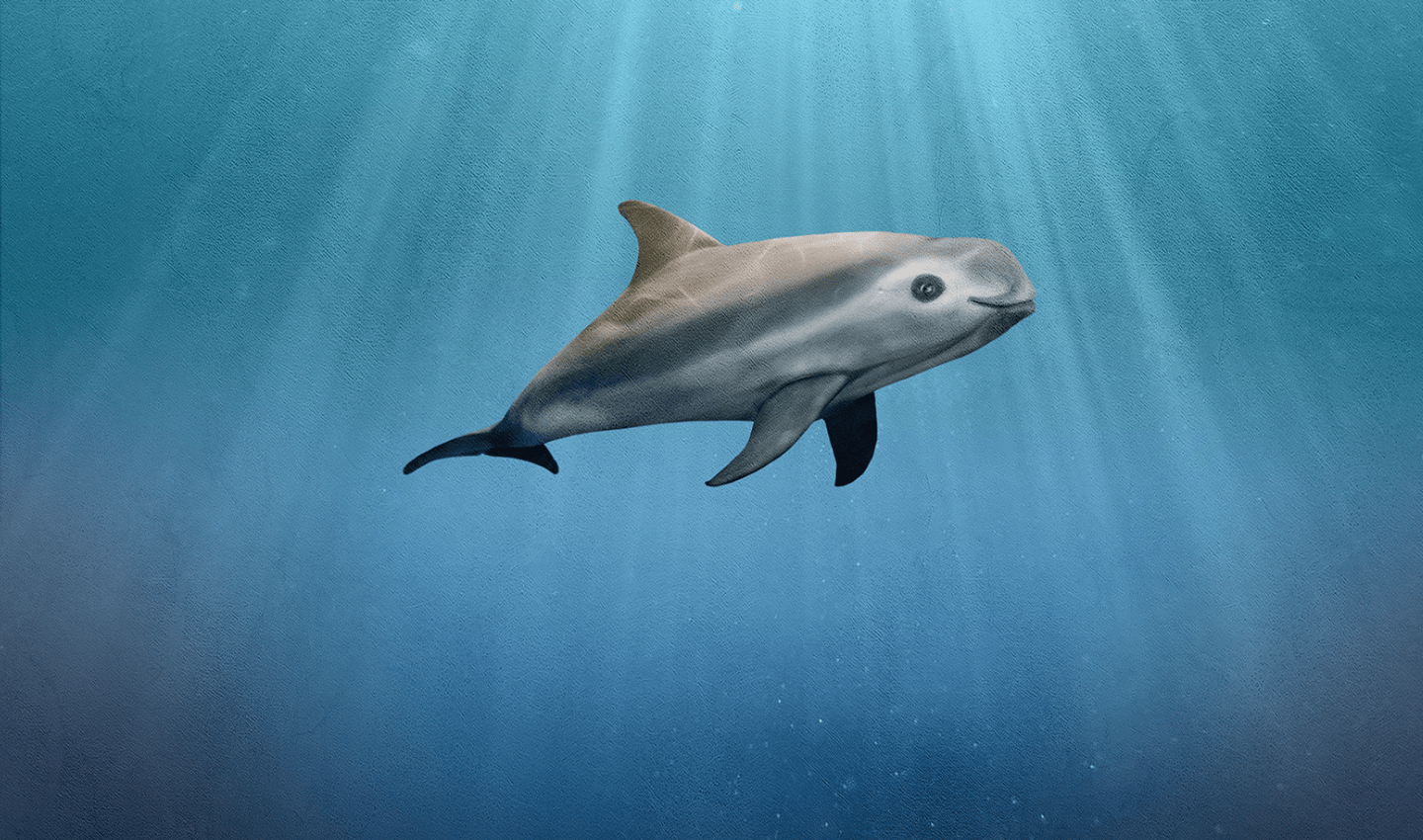
The Amur leopard is a majestic creature that roams the forests of Russia and China, of which fewer than 100 remain in the wild. Take a moment and think, such an astounding creature, forever gone from the forests where it once prowled. The heartbreaking truth is that, like the Vaquita, it’s not just the loss of an individual animal, it’s the loss of something that roamed our earth, drank from our rivers, and breathed the same air as us.
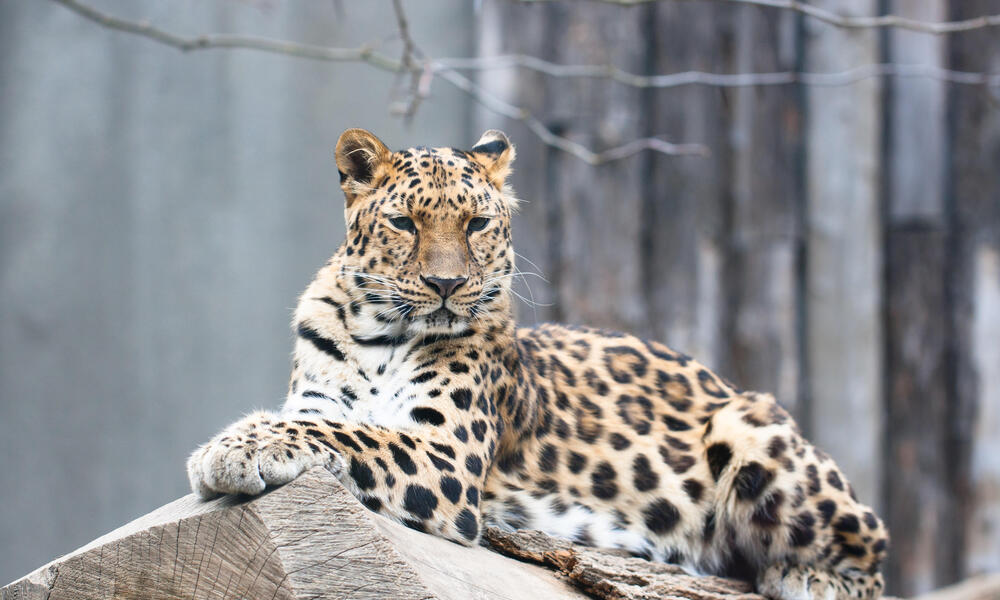
These species are victims of human decisions rather than merely being victims of nature. The list of endangered species is constantly expanding due to factors like habitat damage, illegal hunting, deforestation, and climate change. And with every species that fades away, we lose something that can never be replaced.
Read more: Elephant Madhubala Reunites With Her Family After 15 Years
A Race Against Time – Conservation Efforts
Despite these grim realities, there is hope. As, the ancient Roman philosopher Cicero observed, “Where there is life, there is hope.” To preserve what remains of our natural world, conservationists from all across the world are fighting against the tide.
In Africa, organisations like the African Wildlife Foundation are dedicating unrelenting efforts to prevent habitat damage and poaching of glorious animals like rhinos and elephants. However, it’s not enough. Due to ivory poaching, the number of elephants in Africa has decreased by 60% in the past ten years, and rhinos are in danger of going extinct.
There is some hope for tigers in India. The tiger population has increased by 30% in the past ten years as a result of conservation efforts. Even this achievement is bittersweet, though. The truth is that protecting wildlife is a difficult battle, with so many threats to face.
In Pakistan, the Snow Leopard Trust focuses on addressing the declining population of snow leopards in Pakistan, caused by poaching, killings by herders, and so on. Community-based conservation is one of the key aspects of the Trust’s efforts in Pakistan, which involves educating local people about the importance of snow leopards and encouraging them to protect these animals.
These species, once they’re gone, they are gone forever.
The Heartbreaking Truth: What’s at Stake
The loss of Vaquita the porpoise, the Amur leopard, the elephants, the bees, the coral reefs, these are not just statistics. These are the deaths of creatures that once roamed the Earth in large numbers, lived in our oceans, and adorned our forests. The heartache from losing them is not just because they are living, breathing creatures. But because we are to blame. Not only are we losing their unique characteristics, and their unmatched beauty, but also the significant roles they play in maintaining the balance of our delicate ecosystems that sustain life, ours included.
On World Wildlife Conservation Day, we are reminded of the world we are losing, little by little, species by species. However, there is still time to change things. There is time yet to stop the damage and begin preserving what is left.
Stay tuned to Brandsynario for the latest news and updates







